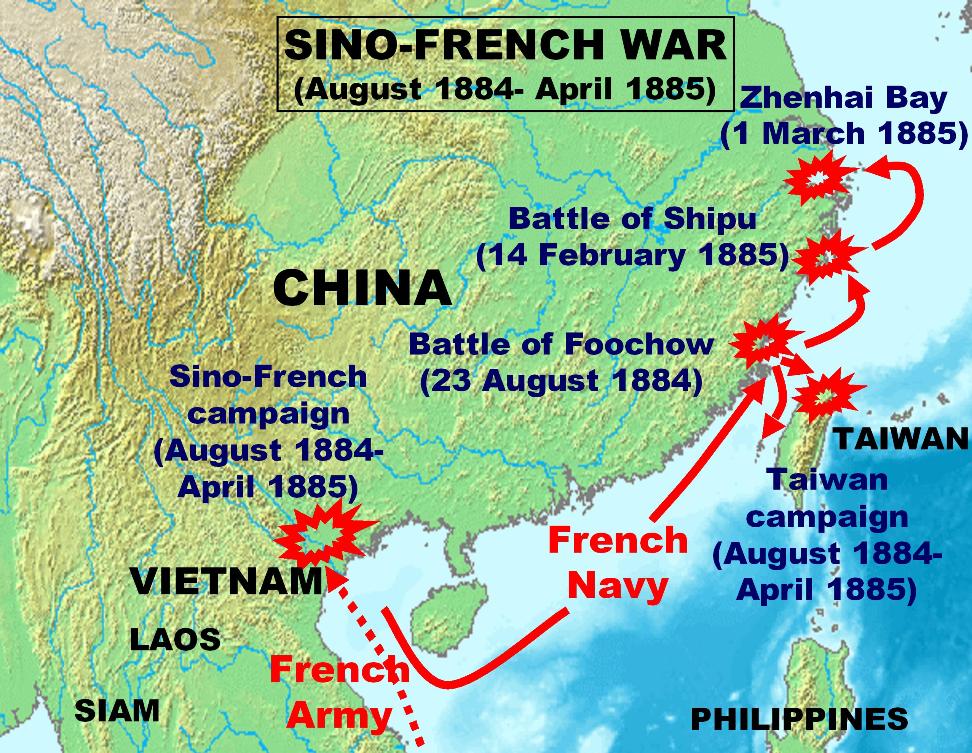aronnax
Let your spirit be free
How about the Battle of Grand Port during the Napoleonic Wars?
A grand loss of four ships for the Brits? Hardly something to brag about...
I suppose that's one though.
ha - good luck !
Just kidding: Tourville enjoyed small successes and came really close to a decisive victory at Beachy Head in 1690, but let the Angleterres get away. They combined with the Dutch at La Hogue-Barfleur to end France's naval 'supremacy', but not Tourville's career, who was at Lagos 1693.
Other than that; Suffren enjoyed several indecisive naval successes off India in the Seven Years War, often with a near mutinous crew, and there was De Grasse at Chesapeake Capes, which was decisive for the American Revolution
Edit; crosspost, was responding to Aronnax.
Beachy Head... wasn't very decisive really... They didn't really annihilate the Dutch-British fleet. Lagos seems pretty decisive and big as well...
So in the entire history of the French Navy, there were only three tactically French victories.
Once in 1638. Once at Lagos, in 1693 and the last time in 1810.
Which brings about my second question. What is the difference between the French fleet and a pile of wood and metal?



